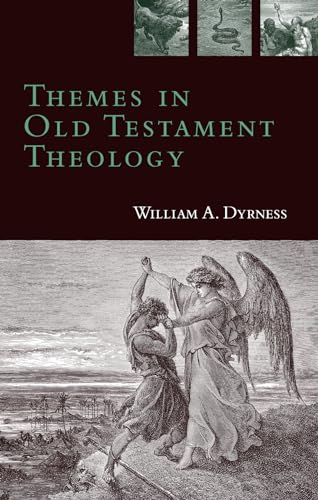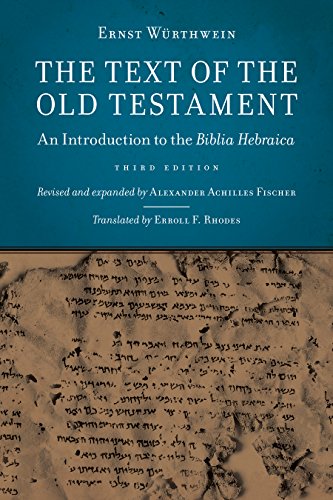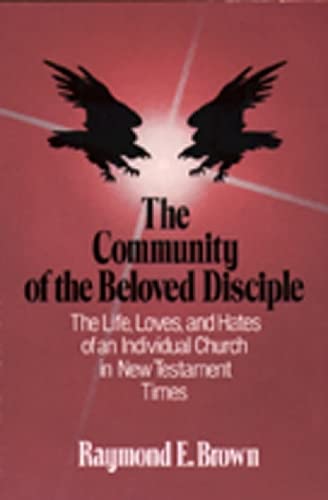Augustine bestrides western Christianity like a colossus: his influence on European Christian thought (and hence, through the modern missionary movement, on churches in the Third World) is incalculable. Nevertheless he is for many one of the lesser known figures of early church history. It may be because of his very intellectual power: such a mind cannot be grasped by cursory acquaintance; it may also be because the full effect of his genius was not felt until after his lifetime which (because he lived at the very end of the normal period covered by early church syllabuses) puts him somewhat beyond the usual scope of courses in early church history. It may simply be that he is the easiest figure to leave out when the pressure of time necessitates economies in a programme of studies. Anyone finding themselves faced with this kind of difficulty could do a great deal worse than turn to David Bentley Taylor’s new biography.
Bentley Taylor has written with the general reader in mind, and the book has all the advantages and disadvantages of such a plan. There is, for example, little critical apparatus (though a helpful index identifies the source of the many albeit unfootnoted quotations from Augustine), and no attempt to engage in serious debate with other accounts of Augustine’s life and (especially) thought. Indeed, this book fails to fulfill the apparent promise of its title, for it is not really a serious attempt at understanding Augustine’s thought at all. But then other accounts of Augustine do that. Where this is valuable is in its portrayal of the man Augustine: he emerges from these pages not as a disembodied intellectual giant, but as a man beset by the demands and pressures of a collapsing society and a divided church: a bishop beseiged by trivia in an age of gravitas; even the structure of the book itself helps to convey the thousand-and-one preoccupations that Augustine kept complaining held him from serious work and study. Its great strength lies in presenting the bishop of Hippo in the midst of his preaching and pastoral ministry.
But while Bentley Taylor has obviously gained a wide and easy familiarity with Augustine’s writings—especially his Confessions and Letters, the figure that emerges from his pages is surprisingly two-dimensional, largely because of this book’s weakness on background. The sort of presentation attempted here can only work if Augustine’s world is brought to life along with its central inhabitant, but the reader is left with the feeling of having traversed a cardboard landscape filled with characters from history books. It is a curiously unsatisfying book because it gives so little of analysis or explanation, and so little ‘feel’ for the period with which it deals: Augustine emerges from it somehow flattened in relief rather than depicted in the round. It shows an occasional tendency to value judgments reflecting an essentially twentieth-century and even Protestant approach to its subject, as where it is suggested that Augustine identified the unforgiveable sin with not being a catholic, and it seems unaware of the ambivalences of asceticism and the ascetic movement in its role as the model of ‘real’ Christianity for early fifth-century western spirituality. There is, for example, no discussion of the part played by ascetic ideals in Augustine’s interpretation to himself of his own conversion experience, and this is coupled with a tendency to take him perhaps too much at face value on the subject of his own depravity. Indeed, at a number of points one feels that Augustine or his correspondents have been too simplistically taken at face value so that we see their situation not so much with their eyes as through the limitations of what their words would have meant had they been written to us today. And a particular and notable weakness is the virtual absence of recognition of the fundamental part played in the development of so much of Augustine’s thought by the Neo-platonist tradition.
Nevertheless, this remains a valuable introduction for the newcomer to the bishop of Hippo. If it stimulates him to go further and actually to engage with the complexities of the greatest mind in the western tradition it will have served a useful purpose.
David D. Sceats
Trinity College, Bristol







